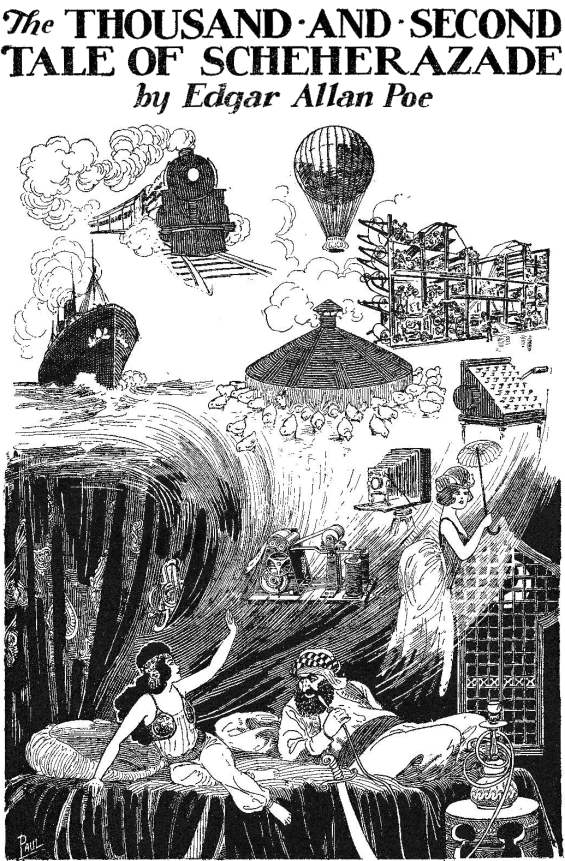
 Back in 2008 Listener (of the Free Listens blog) reviewed for us Steve Anderson’s 2006 reading of A Connecticut Yankee In King Arthur’s Court. That’s a freely available LibriVox audiobook. Shortly thereafter LibriVox published a second version and we’ve ignored it since then. No Longer!
Back in 2008 Listener (of the Free Listens blog) reviewed for us Steve Anderson’s 2006 reading of A Connecticut Yankee In King Arthur’s Court. That’s a freely available LibriVox audiobook. Shortly thereafter LibriVox published a second version and we’ve ignored it since then. No Longer!
John Greenman’s 2008 narration is 2 hours and 18 minutes shorter than Anderson’s and has an even better sound quality. As to whether he’s the better narrator try these two files on for size:
Steve Anderson’s 2006 |MP3|
John Greenman’s 2008 |MP3|
What do you think? Myself I can see merits for both. I like Anderson’s unaffected reading voice. Greenman’s narration has a certain folksy charm too. Sound quality is better with Greenman’s, but Anderson’s voice is just a little crisper with the words – that might make it easier to hear in a noisy environment. I can’t choose. Help!
Here’s the Greenman edition:
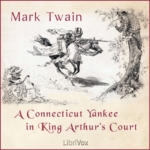 A Connecticut Yankee In King Arthur’s Court
A Connecticut Yankee In King Arthur’s Court
By Mark Twain; Read by John Greenman
3 M4Bs, 44 Zipped MP3 Files or Podcast – Approx. 11 Hours 50 Minutes [UNABRIDGED]
Publisher: LibriVox.org
Published: May 03, 2008
A Connecticut Yankee in King Arthur’s Court is an 1889 novel by American humorist and writer Mark Twain. The work is a very early example of time travel in literature, anticipating by six years H. G. Wells’ The Time Machine of 1895 (however, unlike Wells, Twain does not give any real explanation of his protagonist’s traveling in time). Some early editions are entitled A Yankee At The Court Of King Arthur.
Part 1 |M4B| Part 2 |M4B| Part 3 |M4B|
Podcast feed: http://librivox.org/bookfeeds/a-connecticut-yankee-in-king-arthurs-court-by-mark-twain-2.xml
iTunes 1-Click |SUBSCRIBE|
Posted by Jesse Willis

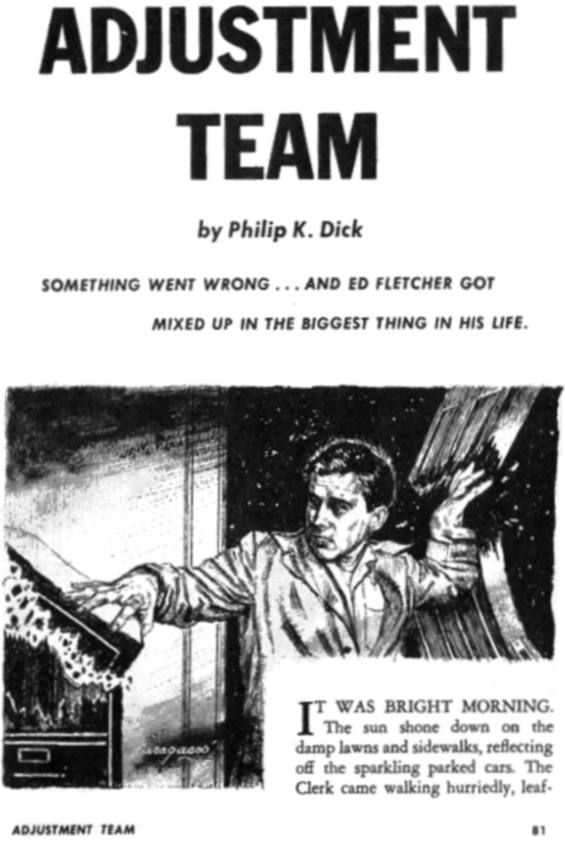
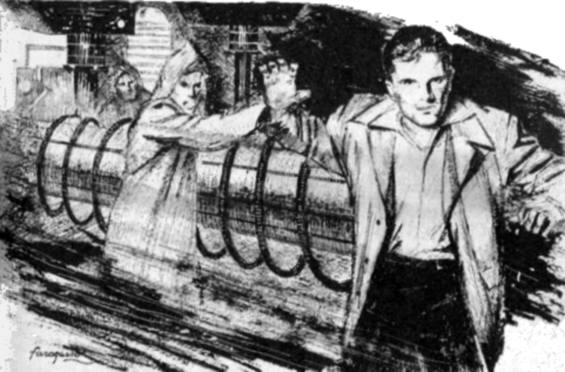
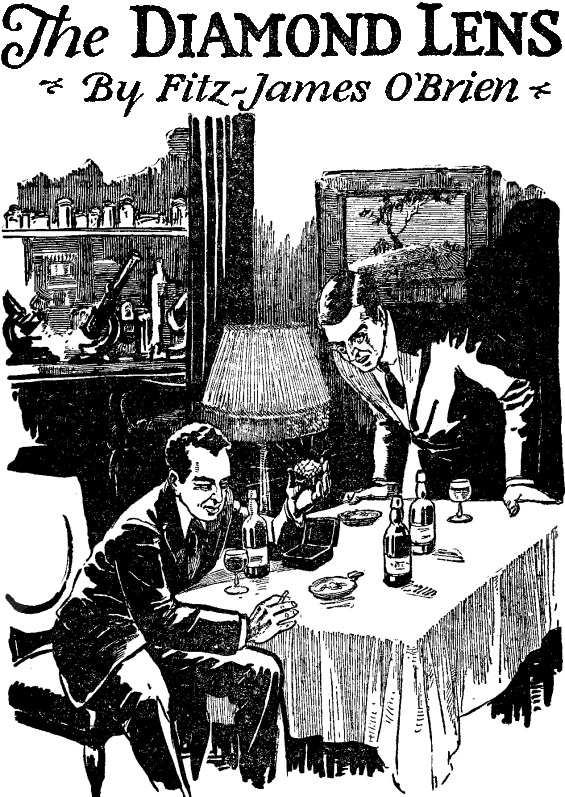
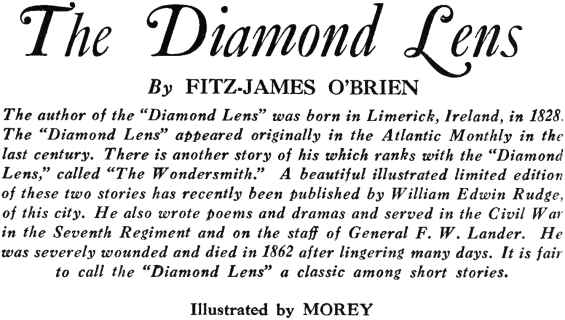
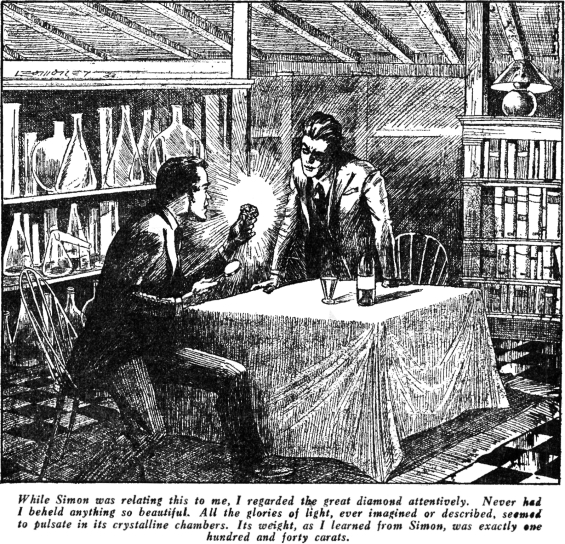
 The Diamond Lens
The Diamond Lens
